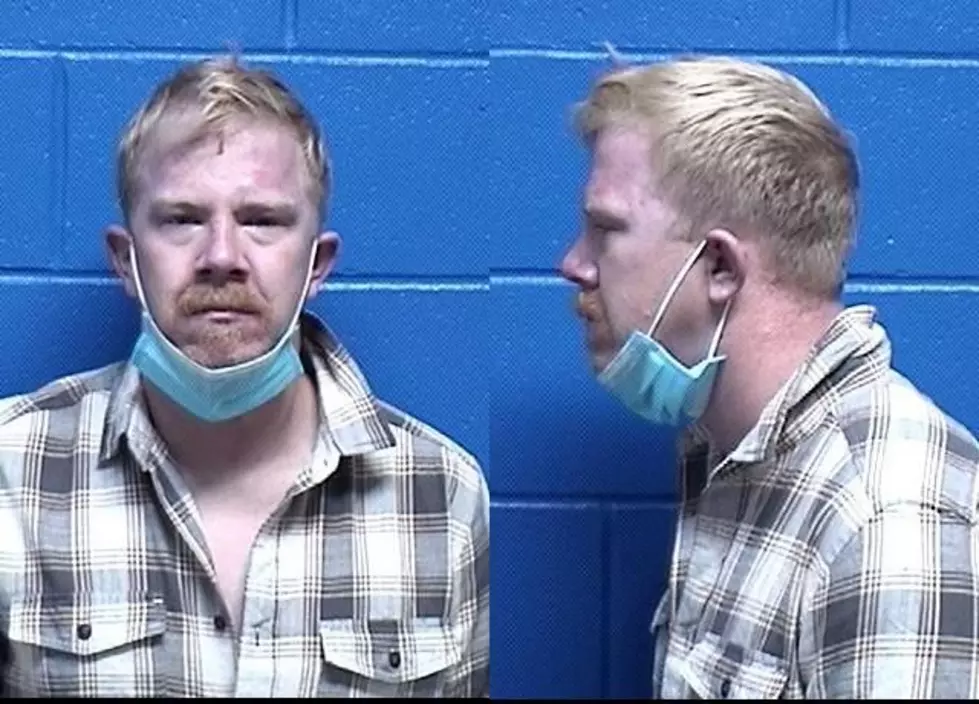
Children Need Care in Disasters, Too
Disasters are upsetting to everyone involved. Children, older people, and/or people with disabilities are especially at risk. For a child, his or her view of the world as a safe and predictable place is temporarily lost. “Children become afraid that the event will happen again and that they or their family will be injured or killed. The damage, injuries or deaths that can result from an unexpected or uncontrollable event are difficult for most children to understand,” says the Red Cross booklet, Helping Young Children Cope With Trauma.
When residents of the Crow Indian Reservation in Southeastern Montana fled their homes on May 21, 2011 because of the raging fury of the Little Bighorn River overflowing its banks, more than 300 hundred of them ended up staying in a Red Cross shelter in Billings, some 80 miles from their home. More than 100 of those residents were children.
Hurriedly being evacuated from your home, rushed to a strange place and being attended to by people you have never met can be a frightening experience for the children. Shelter Manager Jeanne Sternbergh, a volunteer from Santa Rosa, California said, “The first shelter I did we had a Kiddie Center. This is something we talk about in my chapter.” Sternbergh and mental health volunteer Susan Rangitsch both had the same thought on the same day, “We need a Kiddie Center.” They tapped volunteers Marty Healy, Lafayette, California, and Gloria Eisenman also from Santa Rosa, California, both trained shelter supervisors, to make it happen.
When Healy was asked if he would coordinate children’s activities at the Montana State University Billings shelter site he thought, “I do this with my grandchildren, but didn’t expect to do it here. I was a bit apprehensive, but I found enough Red Cross people with ideas on games and activities that they helped me put together a program.”
Healy said they’ve had as much as fifty children attend their activity times, plus parents. The ages range from approximately 2 – 12 years old. Eisenman had the idea to make hand puppets and do a puppet show for the adults. They also did finger painting, bubble-blowing and bowling with empty water cans. The kids cry out, “When are we going to do it again?”
“One thing we’ve noticed,” says Healy, “is the trust relationship the parents have developed with our Red Cross volunteers. They trust us to take care of their children, treat them respectfully and keep them safe.”
Story From The American Red Cross
More From Newstalk KGVO 1290 AM & 98.3 FM









